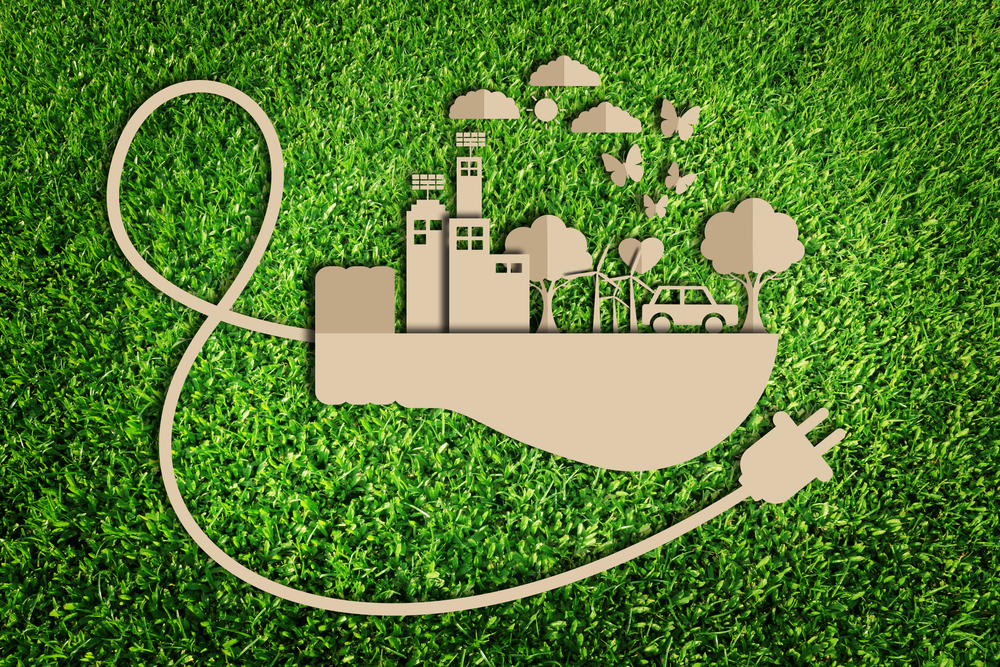Decarbonisation through digitalisation: The key role of smart city districts in boosting energy efficiency

Smart buildings are energy-saving, sustainable buildings. Clustered into smart city districts, they play a crucial role in climate protection. The adaptive, open-source technology to make this possible is already available, says Matthias Rebellius of Siemens Smart Infrastructure on Foresight Climate & Energy ahead of the first edition of the European Energy Efficiency Day.
Decarbonisation comes with a simple truth: kilowatt-hours that are not consumed do not have to be produced. They do not have to be stored or distributed. And when we are saving energy to avoid carbon emissions, this becomes all the more critical.
Efficiency is key, especially in the building sector. Buildings account for 40% of global energy consumption. But the average building still wastes up to 50% of the energy it consumes. Equipping or retrofitting a building with digitalised, networked and intelligent systems can reduce its ecological footprint by up to 80%.
Efficiency is more than modern insulation and state-of-the-art heating systems. We need smart building technologies and efficient building operations if we are going to move the needle on decarbonisation, especially in brownfield applications. A huge amount of leverage is being wasted. Buildings should—and can—contribute much more to the global decarbonisation effort.
Yet we must not focus just on buildings. We have to take into account synergies and efficiency gains on the community and city levels.




